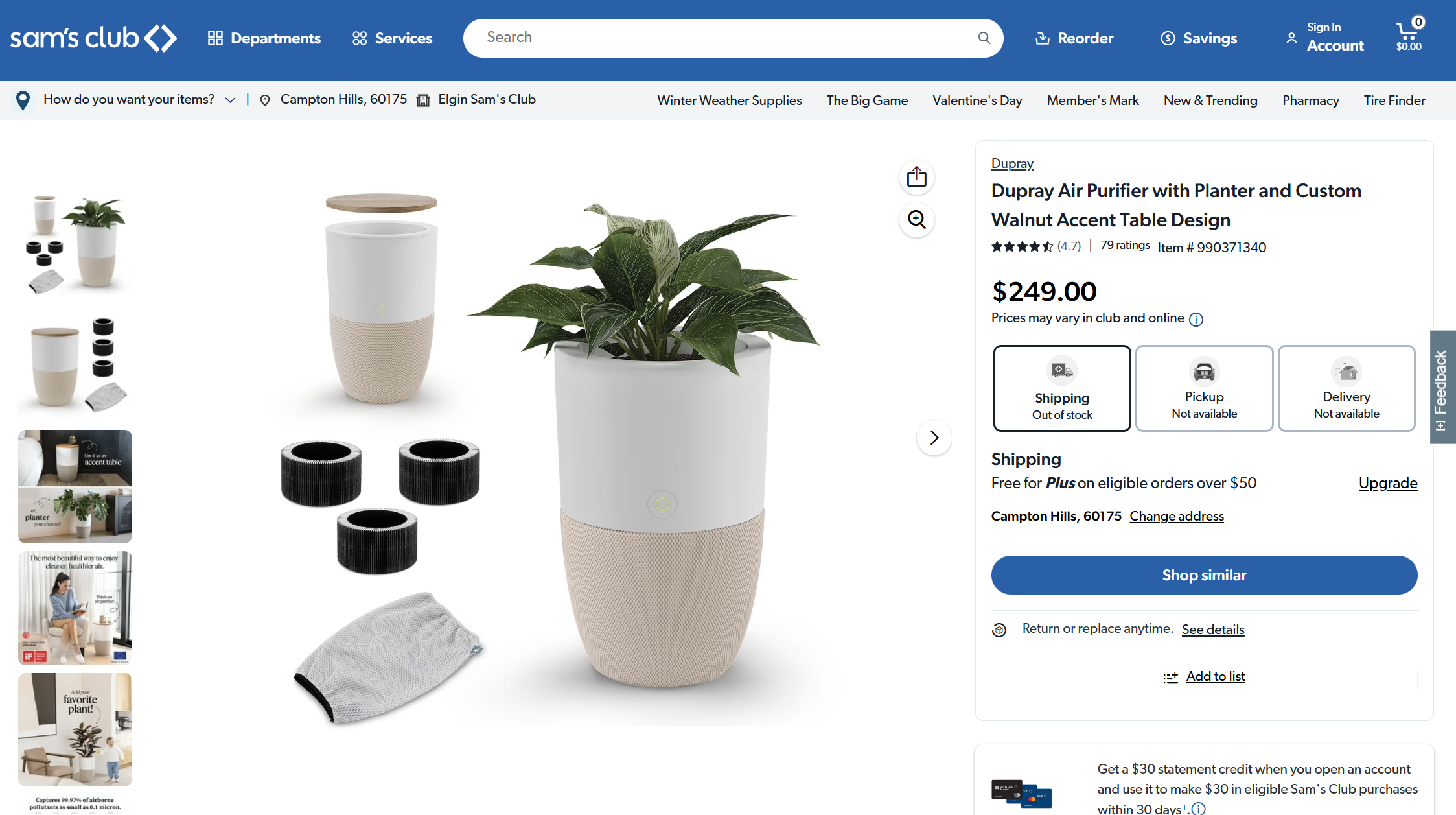Getting your product placed at Walmart—the world’s largest retailer—is the ultimate goal for many product-based businesses. Every year, thousands of companies dream of seeing their products on Walmart shelves, yet only a select few succeed.
So, what separates the companies that make it from those that don’t? Let’s explore the most common reasons brands get rejected—and how you can prepare your company to win that coveted Walmart deal.
Why Walmart Rejects Vendors
If your product didn’t make it into Walmart, chances are one or more of these issues played a role:
- No Proven Sales Track Record or Mass-Market Appeal
Walmart buyers want proven success. If your product hasn’t demonstrated strong sales or lacks mass appeal, it’s a tough sell. Buyers don’t want to take risks on untested products. - Weak Sales Presentation
Many vendors walk into buyer meetings unprepared. Walmart buyers expect professionalism, data, and clear value. A poor presentation wastes their time—and eliminates your chances. - Ineffective Packaging
Your packaging is your “silent salesperson.” If it doesn’t clearly communicate the product’s value or stand out on shelves, it won’t get far. Invest in professional packaging design before approaching Walmart. - Incorrect Cost and Pricing Strategy
Pricing mistakes are common. Some vendors overestimate what Walmart will pay; others underestimate what consumers will pay. If your pricing model doesn’t work for both the retailer and the end consumer, you’ll be rejected fast.
Other common pitfalls include weak marketing plans or a lack of readiness to meet Walmart’s supply chain and operational requirements.
Step 1: Assess Your Retail Readiness
Before reaching out to Walmart, ask yourself: Am I truly ready for retail?
Many product brands underestimate how much preparation is required. Retail buyers expect you to know details such as:
- Payment terms
- Packaging and shipping logistics
- Production capacity
- Retail marketing plans
Doing your homework and anticipating these questions can make you stand out from other suppliers.
Step 2: Develop a Profitable Pricing Strategy
Before you approach Walmart, make sure your cost structure supports profitability—even at scale. Account for every expense:
- Manufacturing and packaging
- Distribution and logistics
- Marketing and promotional spend
- Sales commissions and fees
Remember: Walmart operates on tight margins. You’ll likely make less profit per unit, but the sales volume can make up for it. Smaller retailers, by contrast, often allow for higher margins.
Step 3: Build Relationships With Walmart Buyers
As a former retail buyer, I’ve seen firsthand how suppliers succeed—or fail—at making contact. To get a Walmart buyer’s attention, try these proven strategies:
• Exhibit at Industry Trade Shows
If you sell iPhone accessories, for example, exhibit at CES in Las Vegas. Buyers expect serious brands to show up where the industry gathers.
• Get Featured in Trade Publications
Buyers read trade magazines regularly. A positive feature about your product can spark their interest and make your outreach more credible.
• Use Distributors for a “Foot in the Door”
If you’re a single-product vendor, consider partnering with a distributor that already sells to Walmart. While you’ll still need to sell your product to Walmart directly, having a distributor simplifies the buying process for them.
• Work With Manufacturer Representatives
A manufacturer rep can help open doors—especially if they already have relationships with Walmart buyers. They typically work on commission, but note that they represent multiple brands and prioritize those generating the most revenue.
• Leverage Referrals
If you know another Walmart supplier, ask for a warm introduction. A referral can dramatically improve your chances compared to a cold email.
• Sell on Walmart.com First
Listing your product on Walmart Marketplace is one of the best entry points. Strong online sales and positive customer reviews can grab the attention of Walmart’s in-store buyers—and sometimes, they’ll contact you first.
Step 4: Always Follow Through
Buyers value reliability as much as they value product quality. If you promise to follow up on something—do it. Vendors who fail to follow through rarely get a second chance. Consistency builds trust and long-term relationships.
Step 5: Take Your Time and Do It Right
Breaking into Walmart isn’t something to rush. Prepare thoroughly, refine your retail strategy, and ensure your operations can scale. Rushing into a big-box deal before you’re ready can cost you far more than waiting until you are.
Ready to Sell to Walmart or Other Major Retailers?
If your brand is ready to scale into retail, Retailbound‘s retail consulting services can help. Since 2008, our team has helped hundreds of product companies launch and grow in more than 150+ retailers across the U.S. and Canada.
We specialize in helping product brands develop retail strategies, connect with buyers, manage sales, and drive growth both in-store and online.
📩 Contact Retailbound today to learn how we can help you get your product on Walmart shelves—and beyond.
About the Author
Yohan Jacob is the President and Founder of Retailbound, a full-service retail management consultancy that helps brands successfully launch and scale their products across leading retailers. With extensive experience as a former retail buyer, Yohan and his team bridge the gap between product creators and retailers—offering expert support in retail strategy, buyer engagement, and channel marketing.pert guidance to increase their retail presence, navigate buyer relationships, and drive sales growth both in-store and online.



